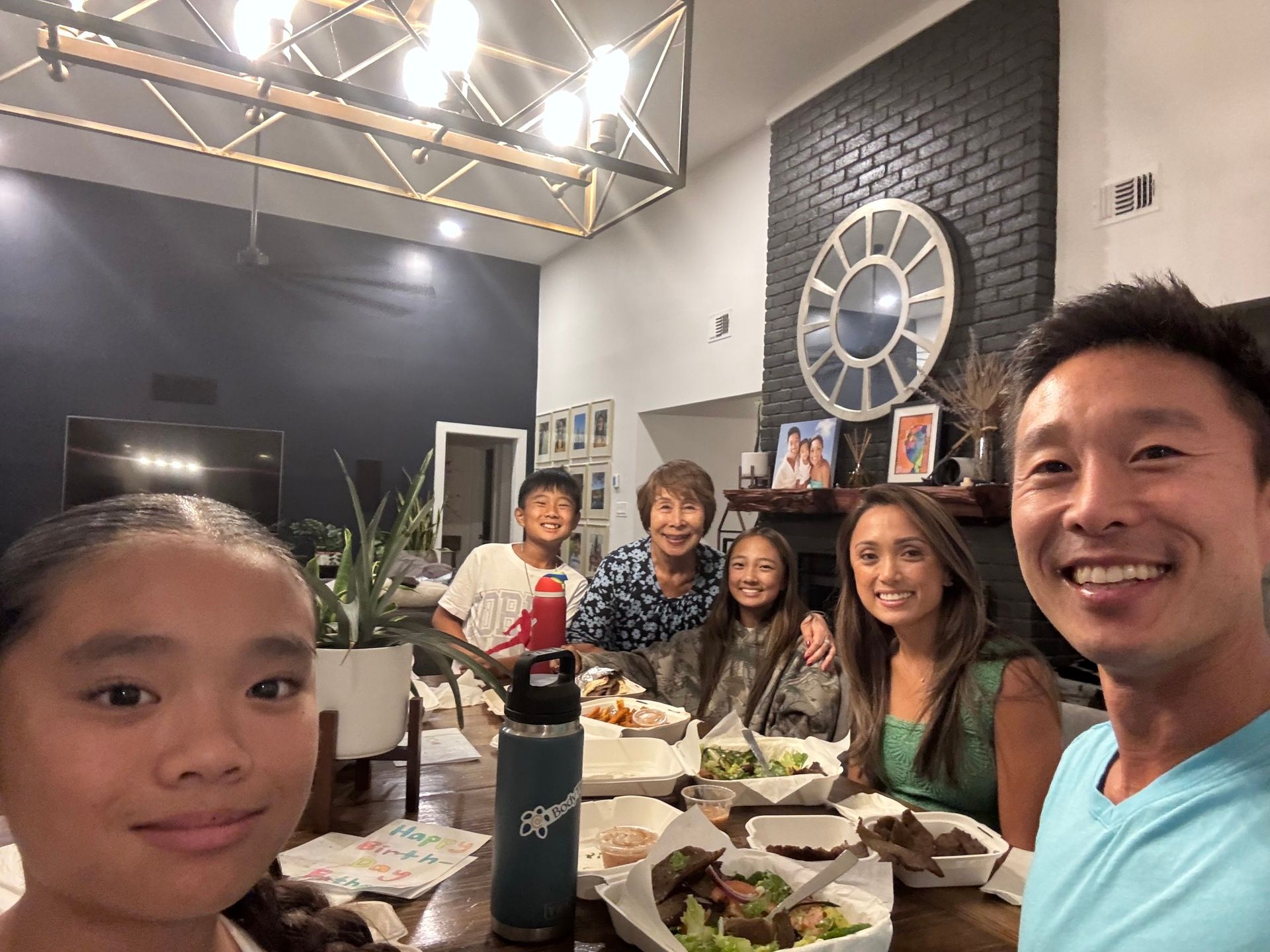- BodyTime with Mike
- Posts
- Post Blowup Reflections
Post Blowup Reflections
What We're Learning About Parenting
Dear Friend,
Thanks to everyone who reached out after my last newsletter. The number of responses was significant—so I wanted to follow up.
Without getting into the weeds, Crizen and I have each faced our own unique parenting challenges with our kids. Nothing extraordinary. Nothing “broken.” Just the usual bumps that come with raising humans. And that’s the realization: This is normal.
For years, we’ve done our best—on-the-job training with no manual. The kids are first-timers too. Things weren’t falling apart, so we kept adjusting, trying little tweaks here and there.
But recently, there was a clear inflection point. A pattern of emotional escalation, lack of transparency, and struggles with accountability. We could feel the spiral starting.
So we pressed pause. And reset.
Crizen and I are lucky to have access to an incredible health and wellness network. We tapped into the mental health side and quickly found some top-tier practitioners. And as we shared more with other parents in our community—turns out, many of them were already working with the same people.
That surprised me. It’s more common than we thought. But no one talks about it.
If the kids aren’t talking to each other, it’s probably because the parents aren’t either.
What We’re Doing Differently
1. Normalize the Third Party
Therapy—or any outside professional support—shouldn’t be a last resort. By making it normal now, our kids can carry that mindset into adulthood.
2. Own the Process as a Family
Crizen and I have been doing our own deep work for the past five months through a program called Contemplate (more on that soon). We also meet with the kids’ therapists for parent-specific guidance.
3. One-on-One Time with Each Kid
Each parent takes one kid. The kid picks the activity. The parent listens more than they talk.
I’m doing weekly nature walks with Kenzo, coffee shop exploring with Kaya, and Nina TBD (most likely shopping).
Crizen is doing a book club with Kaya, coffees with Kenzo, and probably shopping with Nina too.
These are small things. But the structure—and the presence—matters.
Big Picture Takeaways
Sometimes struggle is required to force the reset. But what if we could recognize the early signs? That shift from defensive problem-solving to proactive signal-catching—that’s where the real change starts.
Talk to your people. Other parents. Close friends. This stuff gets heavy in isolation. Community is often the secret weapon.
At the end of the day, I feel grateful—for the resources, the awareness, and the space to work through this together.
None of us have it perfectly figured out. We’re all just doing the best we can with the tools we’ve got. My parents gave me a beautiful life. And like most of us, I hope to offer even more to the next generation.
Not more pressure. More presence.
At BodyTime, our focus is turning health knowledge into action. Here are a few ways to start:
🌐 Explore more at BodyTime.Health
📅 Questions or schedule a meeting. Email: [email protected]
📨 Share or subscribe: Join the newsletter
This newsletter is intended for informational purposes only and does not constitute giving medical advice or endorsing any treatment. The use or application of the content herein forms no doctor-patient relationship. The information in this newsletter should not substitute for professional medical evaluation, advice, diagnosis, or treatment. Always seek the advice of your physician or another qualified healthcare provider with any questions you may have regarding a medical condition.

46 year old birthday dinner. Day included challenging business meetings, shuttling kids to activities, kids therapy session, and capped off with Nina’s nail biter volleyball game. We missed out on dinner reservations so we brought it home. The kids gave me heartfelt birthday cards and I got to share it with my mom. Circle of life, wild and crazy, but passes by quick if you don’t soak in the present.
Thanks,
Mike
